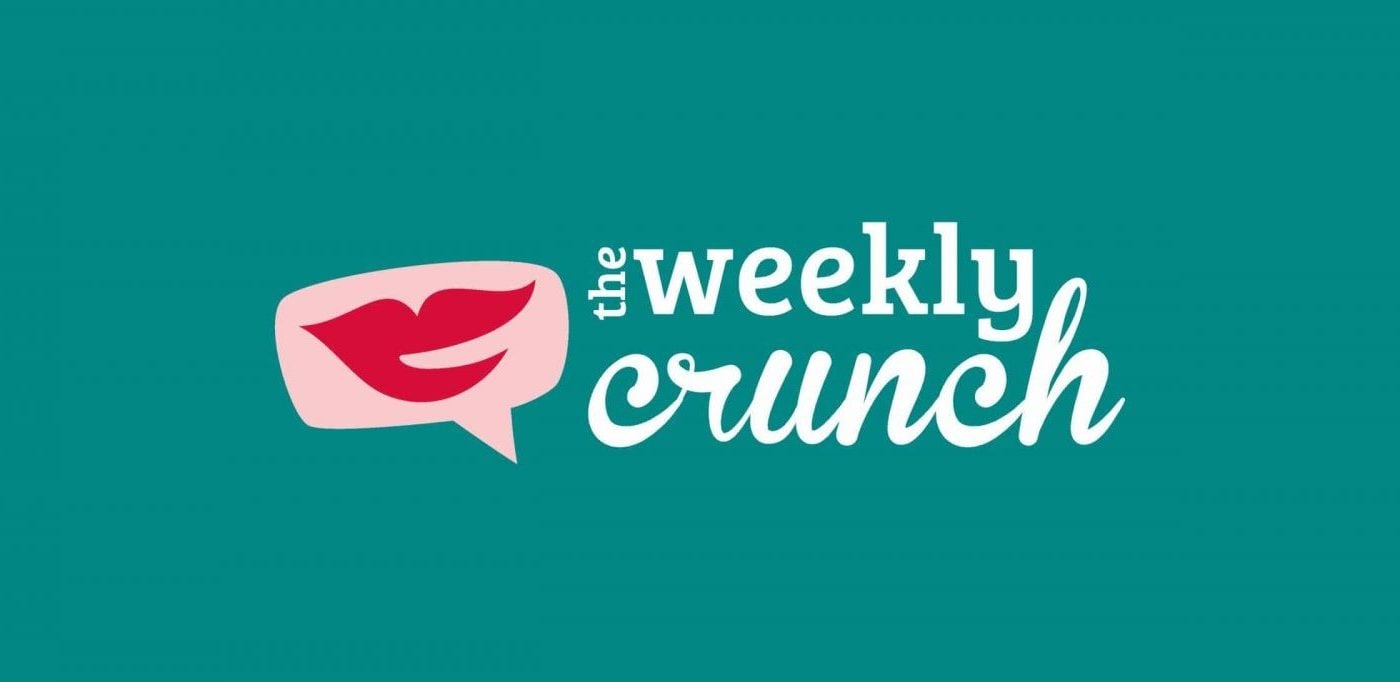Stop Worrying About Getting Old
How to reverse the ageing process is a scientific question that has attracted great attention and huge investment over the years. Now, recent research could even lead to the development of techniques that will stave off the diseases of old age by restoring the function of older cells and reducing our biological age by 30 years.
That’s amazing, isn’t it? But don’t you think we should embrace the process rather than fight it? In the end, getting old is not as bad as society wants us to believe.
Of course, some of these treatments will have very realistic and important benefits to those who may need them for health reasons, however, on a wider spectrum, as a midlife woman myself, I believe we should invest more in making the ageing experience better rather than trying to cancel it out.
Don’t get me wrong, I agree on the importance of improving our overall look but I don’t think I would enjoy turning into a “Highlander“.
On the other hand, several studies state that people who see the ageing process as a potential for personal growth tend to enjoy much better health into their 70s, 80s and 90s than people who associate ageing with helplessness and decline, differences that are reflected in their cells’ biological ageing and their overall life span.
In particular, in her book Breaking the Age Code: How Your Beliefs About Aging Determine How Long and Well You Live, Yale professor Dr Becca Levy – the leading authority on how beliefs about ageing influence health- gives us an extraordinary opportunity to rethink what it means to grow old as that might be crucial for successful ageing.
According to her findings, functional health does not deteriorate nearly as rapidly as society would lead us to believe.
Examining an existing survey, she found that the participants (all aged 50 and older) with positive age beliefs showed much better functional health over an 18-year period than those of the same age with negative age beliefs.
A great example is Madonna Buder, someone Dr Levy got to know well during her research. Since 1982, she has completed over 350 triathlons, hence the nickname “The Iron Nun.” The first time she went on a run, she was nearly 50 years old, using a pair of sneakers borrowed from a friend. Now, she’s 91 and has just completed another triathlon.
But you don’t have to be a triathlete to age healthily – Levy says- Whether you decide to start going for runs at 60, hop in the pool for the first time at 70, or go on walks at any age, it matters less when and what you do than that you build up positive age beliefs and trust that your body will respond in kind.
Also, she noted it’s commonly believed that poor mental health is what comes with age. But this isn’t necessarily true. Levy says that mental illness is less common among older adults compared to younger adults.
Instead, emotional intelligence and openness it’s what to expect in mature people when it comes to engaging meaningfully, which in turn can inspire greater creative output as a result of wanting to make meaning of life.
In this way, we may not be able to reverse our age of 30 years as scientists hope, but according to Prof Levy, we can extend our lives by up to 7.5 years. In fact, her research shows that positive age beliefs are so powerful that they can influence life expectancy above and beyond the influence of gender, race, socioeconomic status, age, loneliness, and health.
Who wants to live forever, now?
Like this post? Support Us or Sign up to our newsletter to get more articles like this delivered straight to your inbox!


